News
-
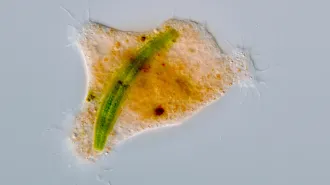 Microbes
MicrobesThis amoeba eats prey like owls do
Meet the ‘owl slime’ amoeba, which drains its prey and spits out the shell.
By Jake Buehler -
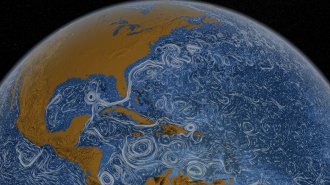 Oceans
OceansA vital ocean current is stable, for now
The Florida Current, a major contributor to a system of ocean currents that regulate Earth’s climate, has not weakened as much as previously reported.
By Nikk Ogasa -
 Particle Physics
Particle PhysicsPhysicists just discovered the rarest particle decay ever
The “golden channel” decay of subatomic particles called kaons could break or confirm the standard model of particle physics.
-
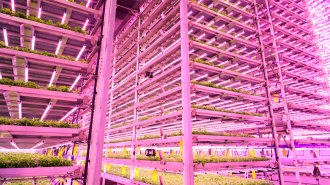 Agriculture
Agriculture‘Smart lighting’ might make vertical farming more affordable
A new computer program adjusts grow lights to cut down on electric bills without sacrificing photosynthesis.
-
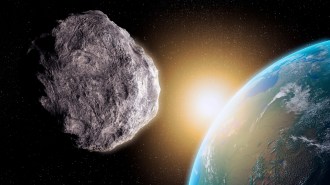 Physics
PhysicsX-rays from nuclear blasts could defend Earth from asteroids
The X-ray pulses could deflect asteroids up to 4 kilometers wide, a new study suggests.
By Nikk Ogasa -
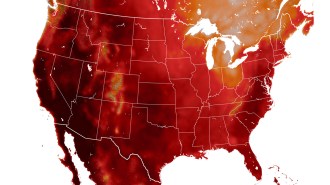 Climate
ClimateClimate change could double U.S. temperature-linked deaths by mid-century
Each year, roughly 8,000 deaths in the United States are associated with extreme temperatures. And as temperatures rise, this number could swell.
-
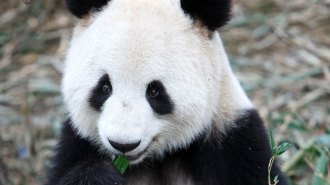 Animals
AnimalsScientists have just turned giant panda skin cells into stem cells
If the pluripotent stem cells can be turned into precursors to egg and sperm cells, the feat could potentially be a big deal for giant panda conservation.
By Jason Bittel -
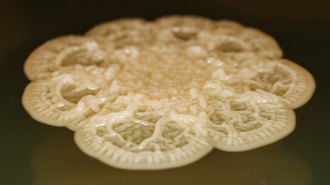 Microbes
MicrobesSome bacteria in your mouth can divide into as many as 14 cells at once
The filamentous bacterium Corynebacterium matruchotii has a unique reproductive strategy that might allow it to claim territory quickly.
-
 Climate
ClimateEarth’s ancient ‘greenhouse’ conditions were hotter than thought
A timeline of 485 million years of Earth’s surface temperatures shows ancient greenhouse conditions were hotter than scientists thought.
-
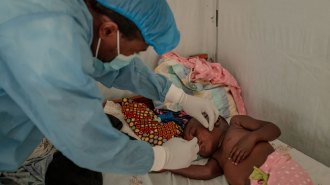 Health & Medicine
Health & MedicineVaccines for mpox are finally reaching Africa. But questions about the virus remain
With concerns that mpox may now spread more easily and be more severe, researchers warn that failing to curb the outbreak means “nobody is safe.”
-
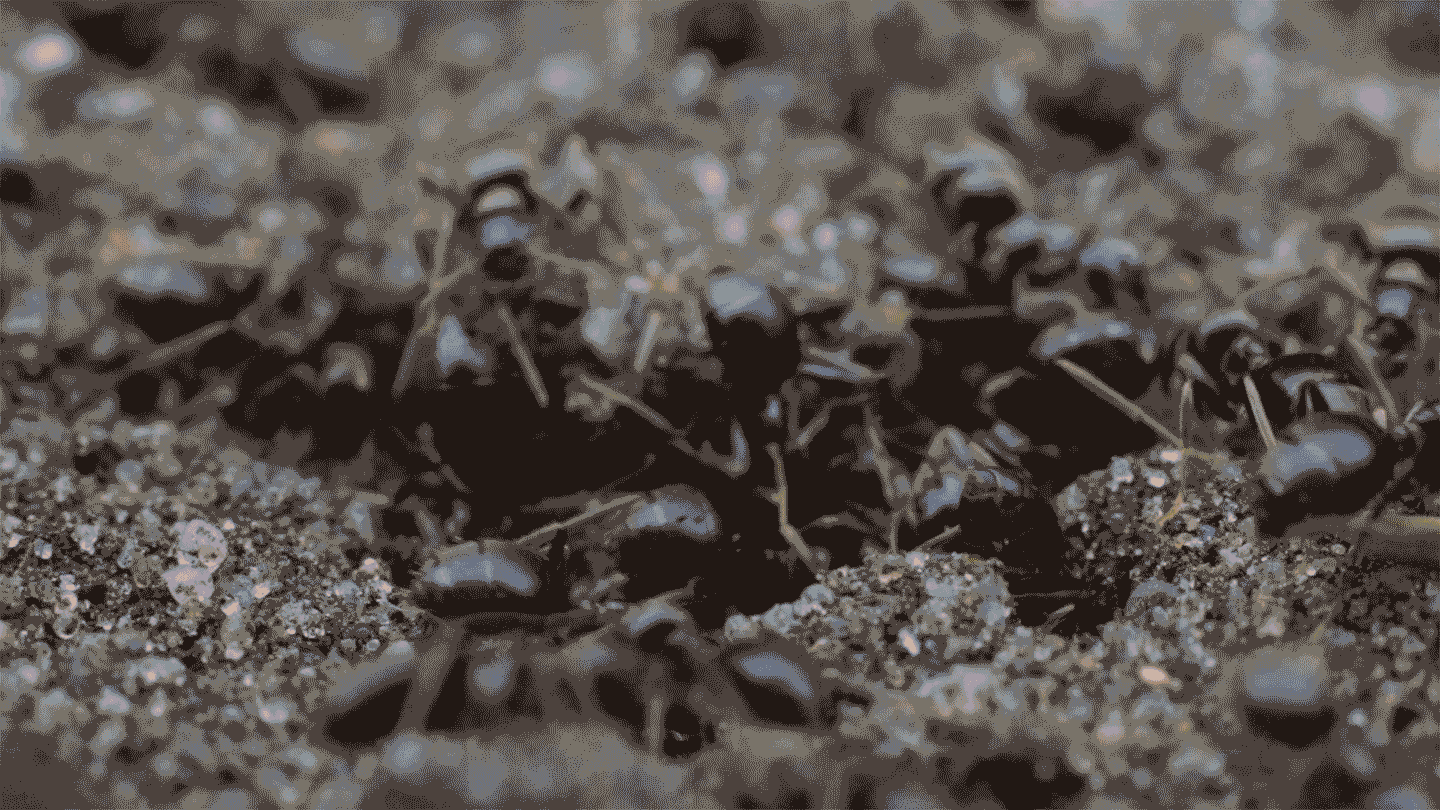 Animals
AnimalsAnts changed the architecture of their nests when exposed to a pathogen
Black garden ants made tweaks to entrances, tunnels and chambers that may help prevent diseases from spreading.
-
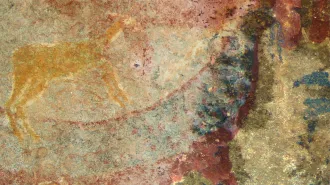 Anthropology
AnthropologyFossils of an extinct animal may have inspired this cave art drawing
Unusual tusks on preserved skulls of dicynodonts influenced the look of a mythical beast painted by Southern Africa’s San people, a researcher suspects.
By Bruce Bower